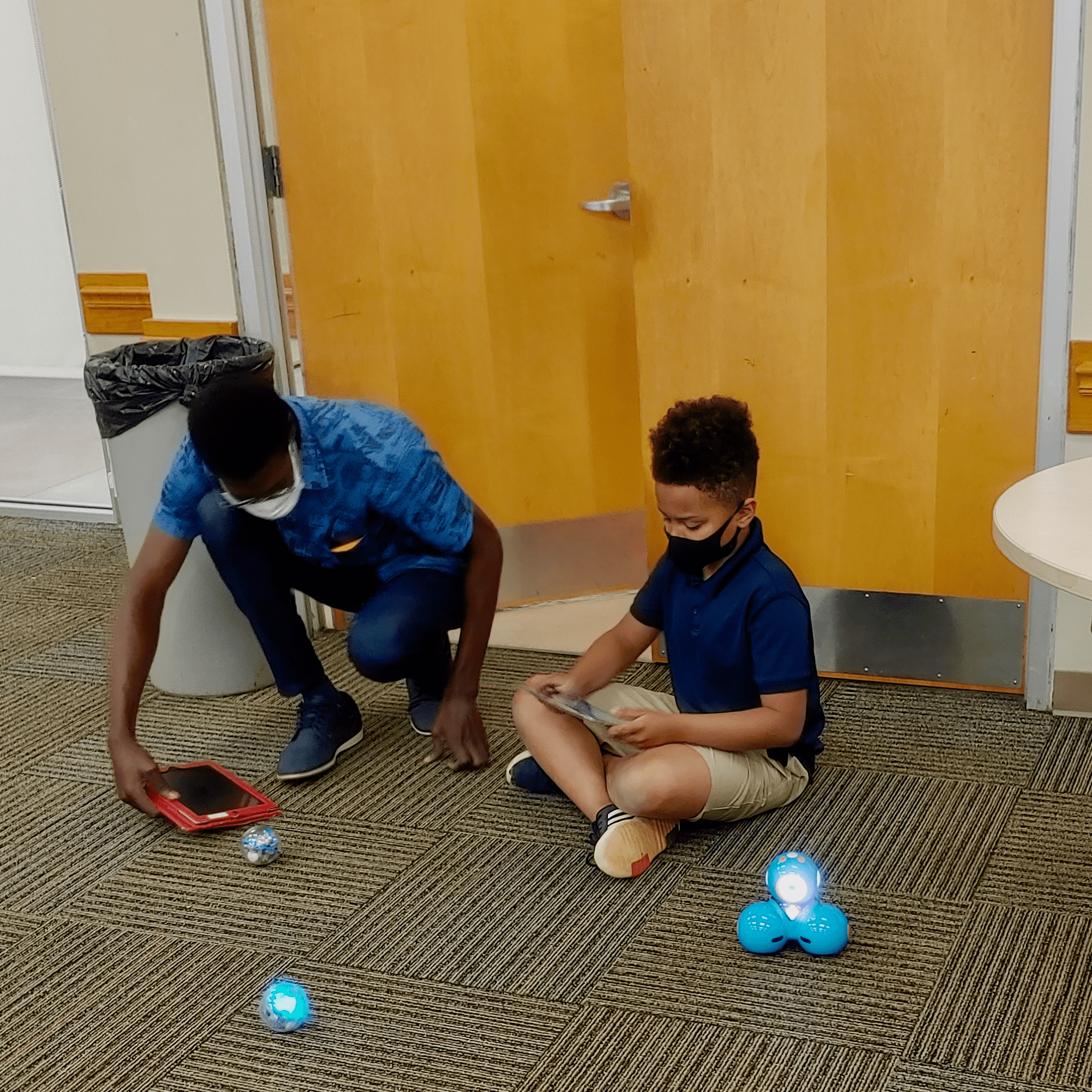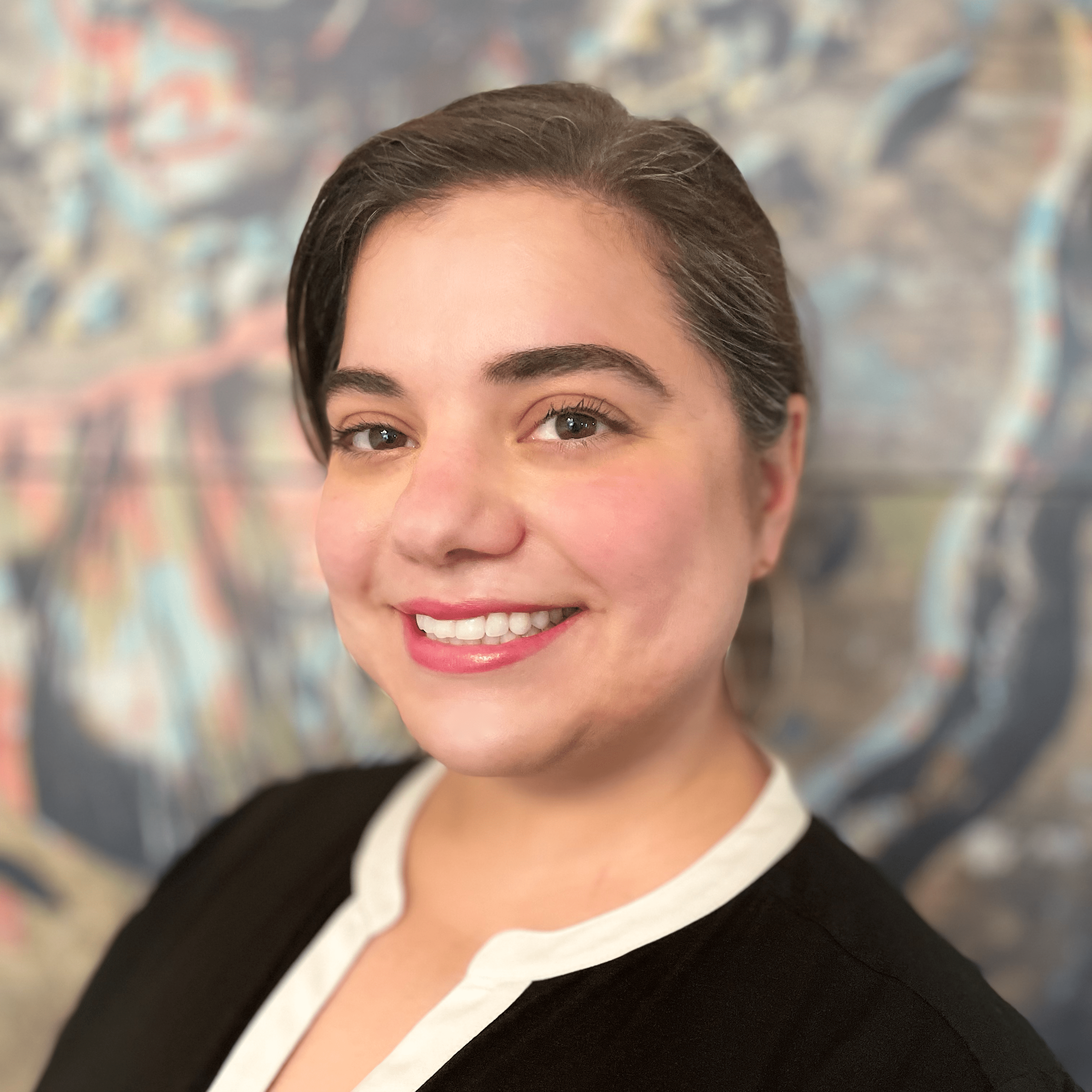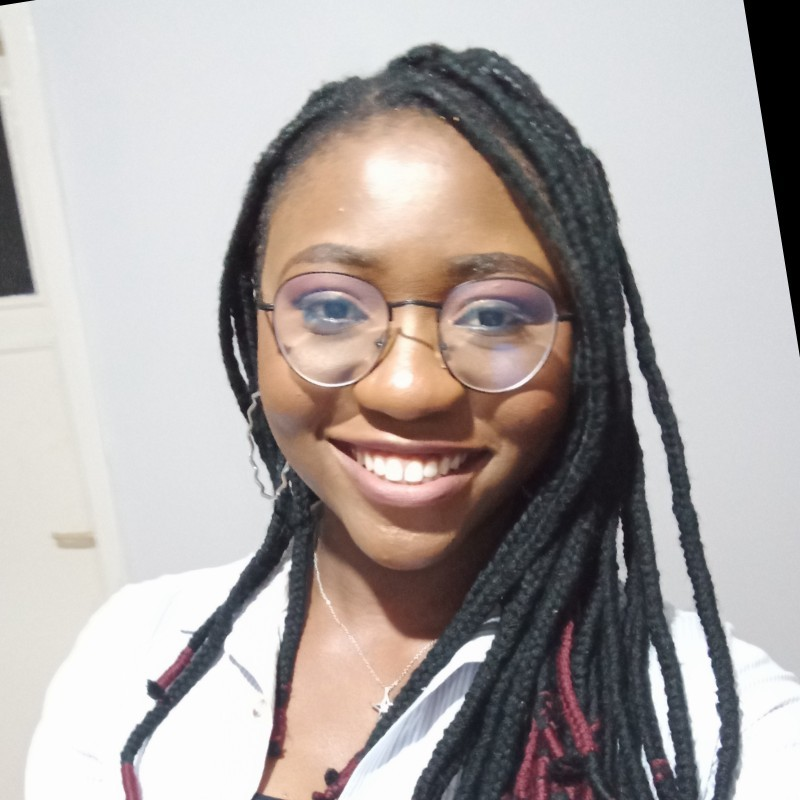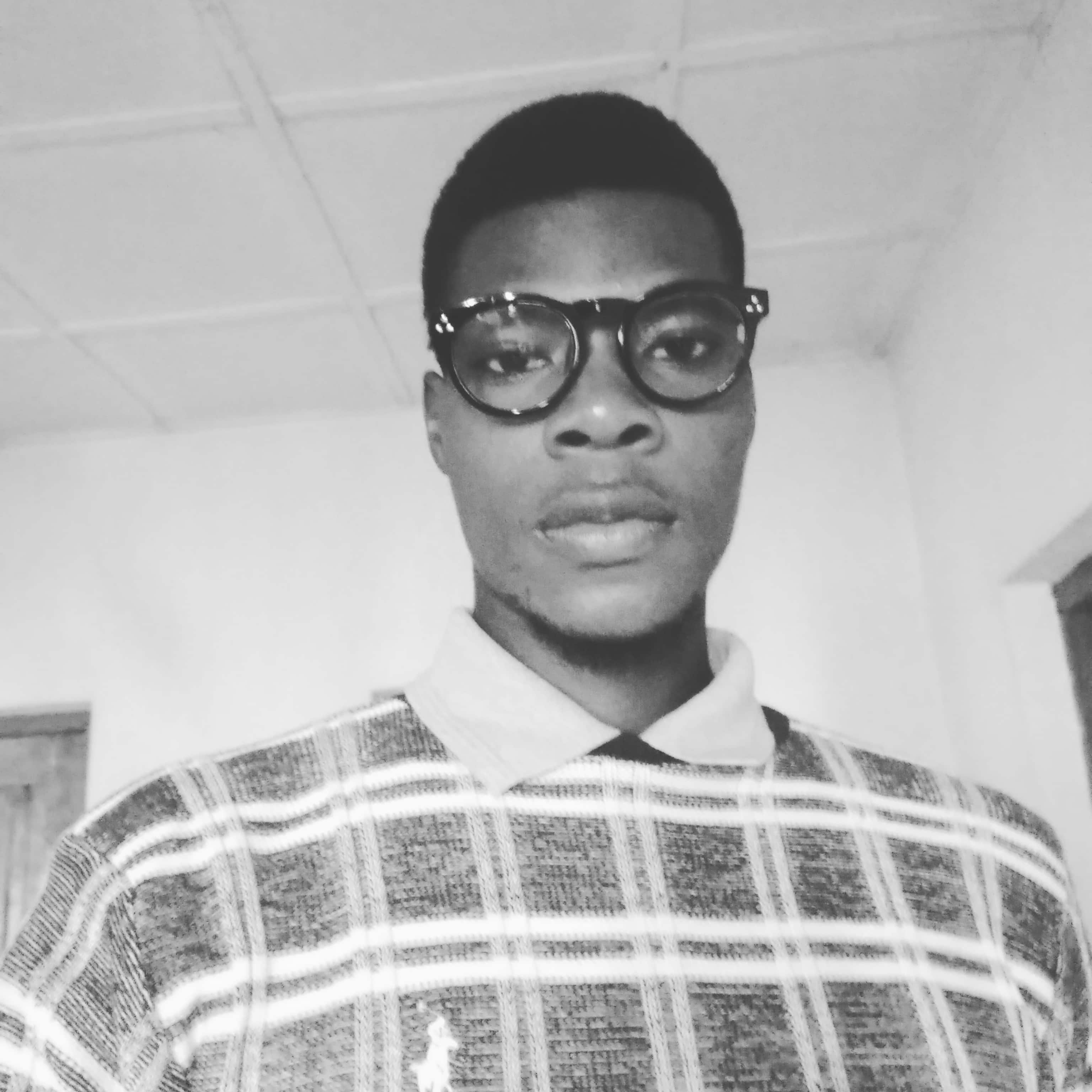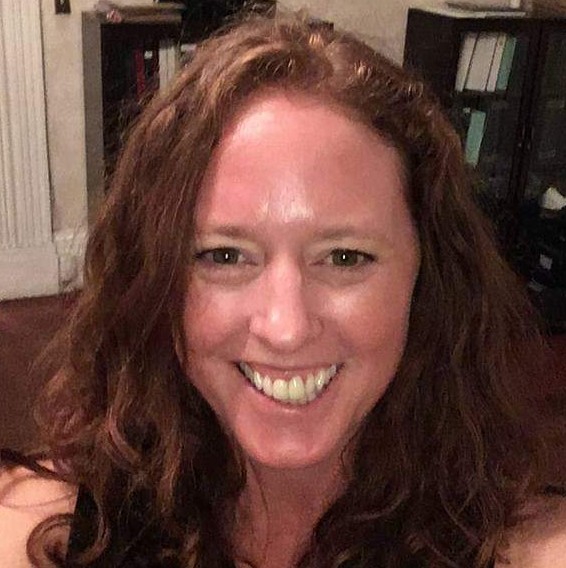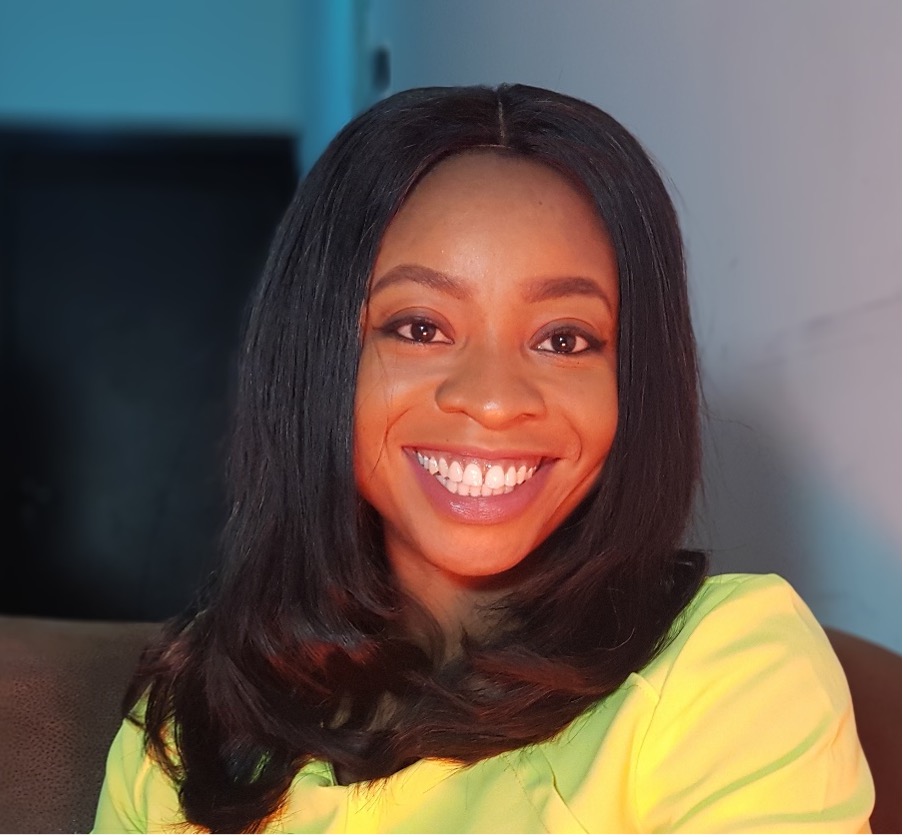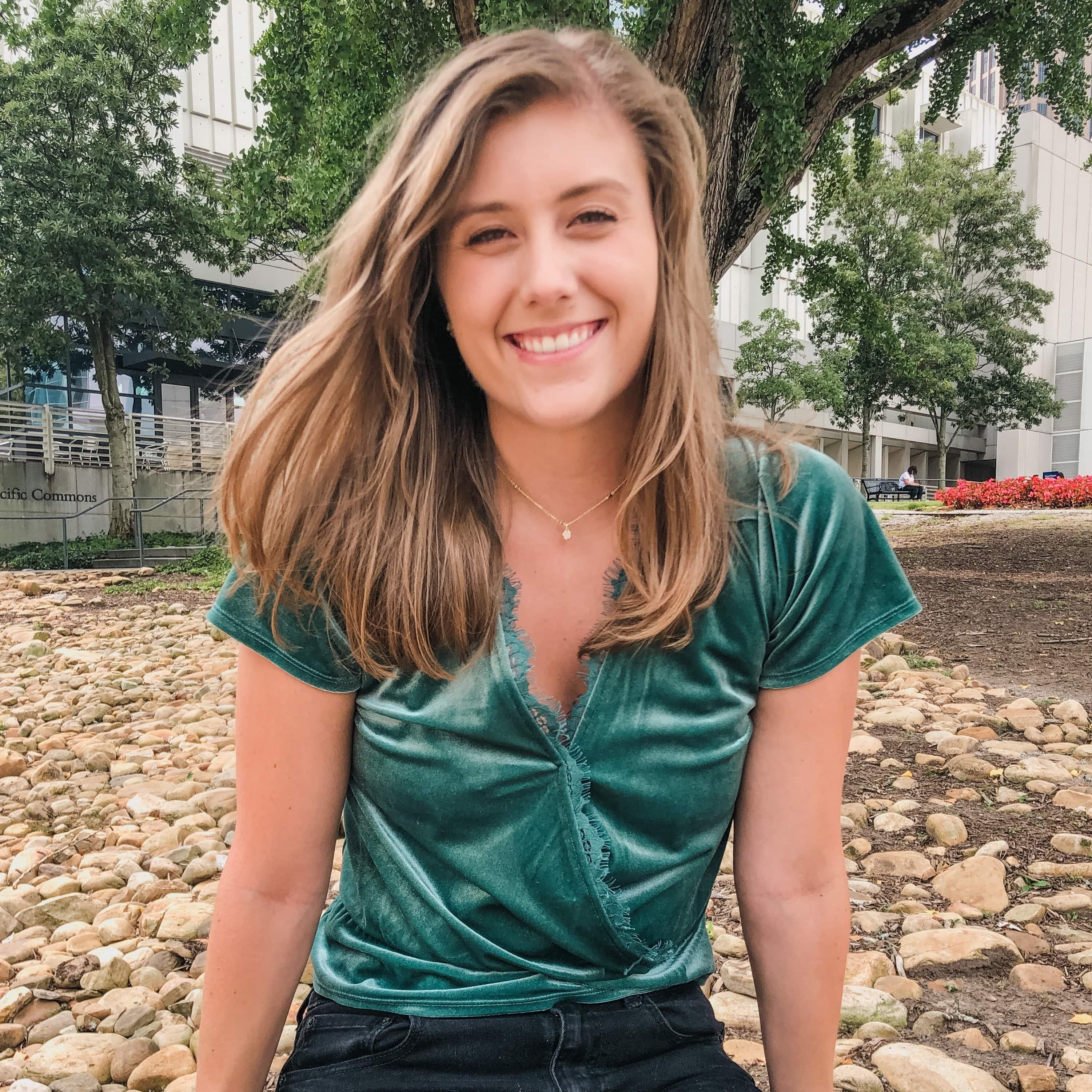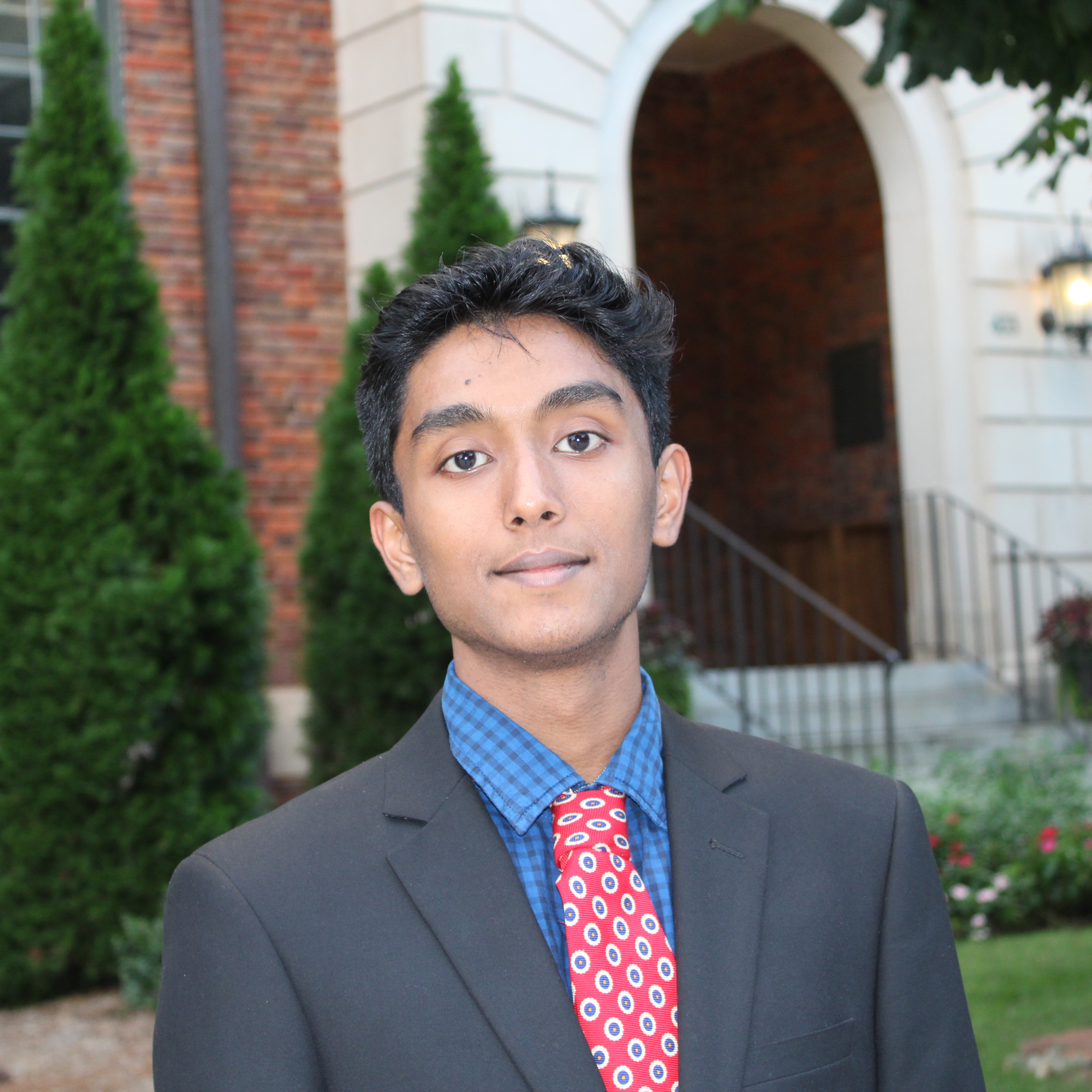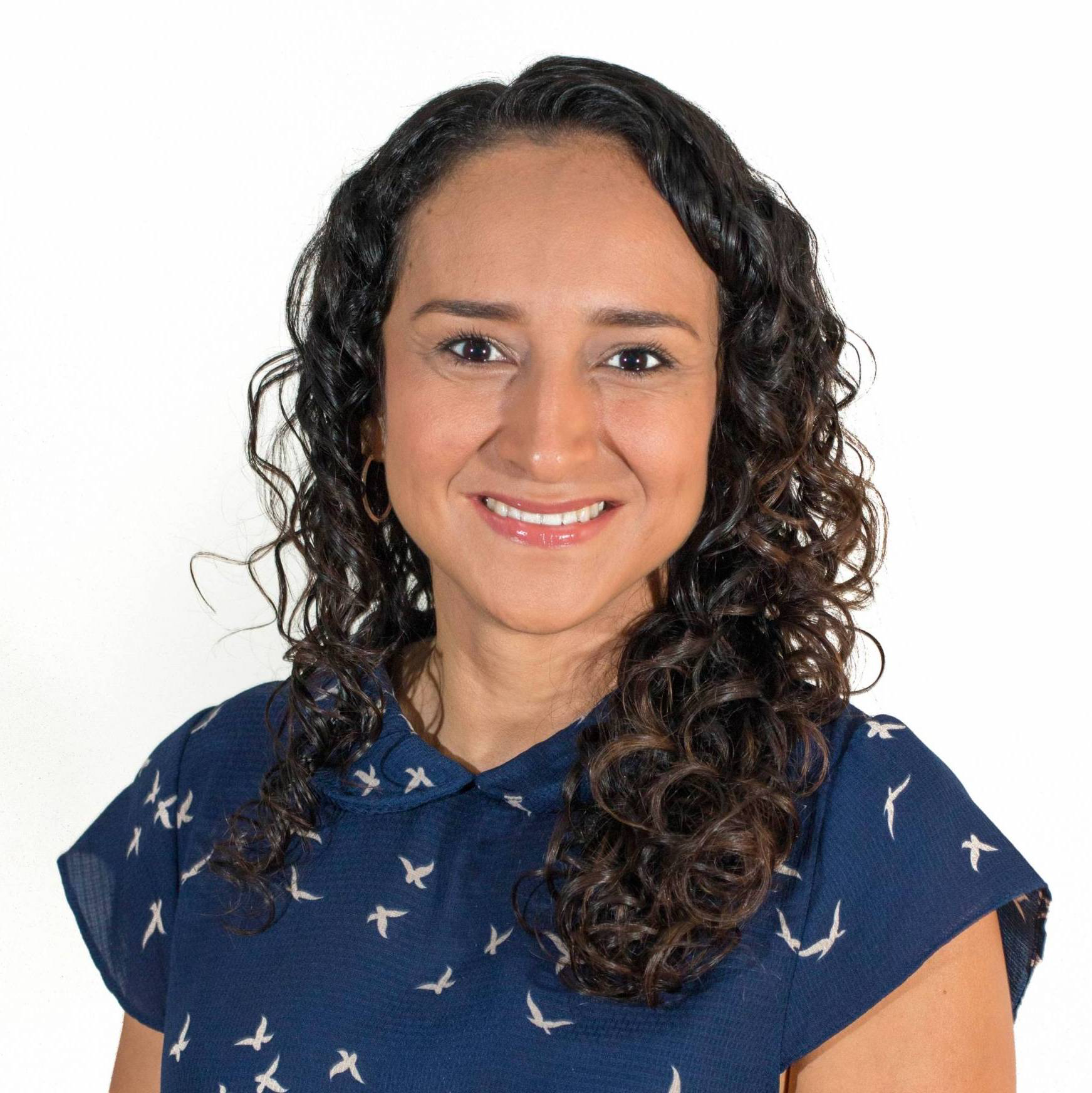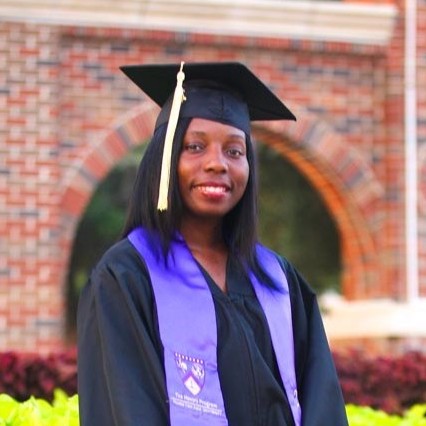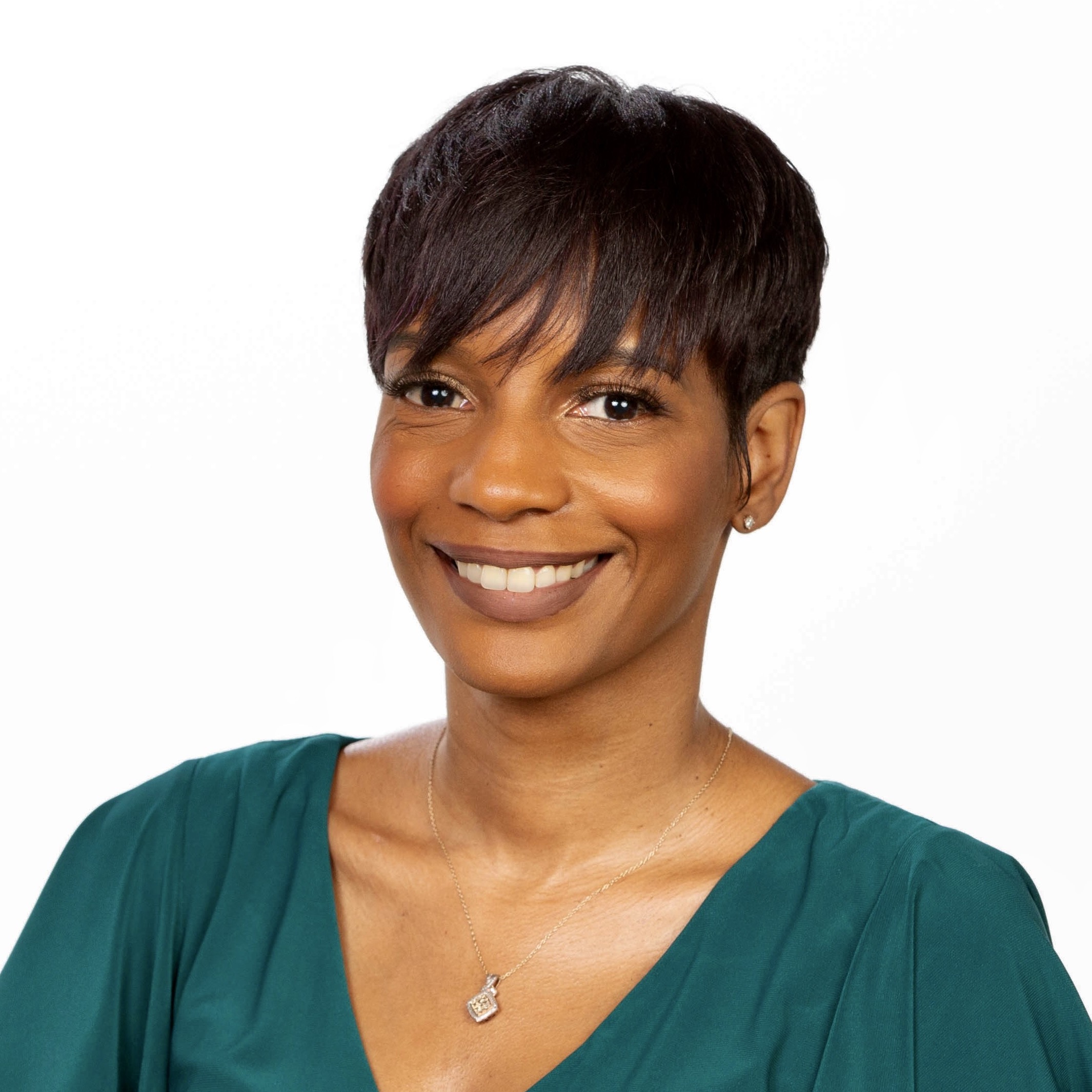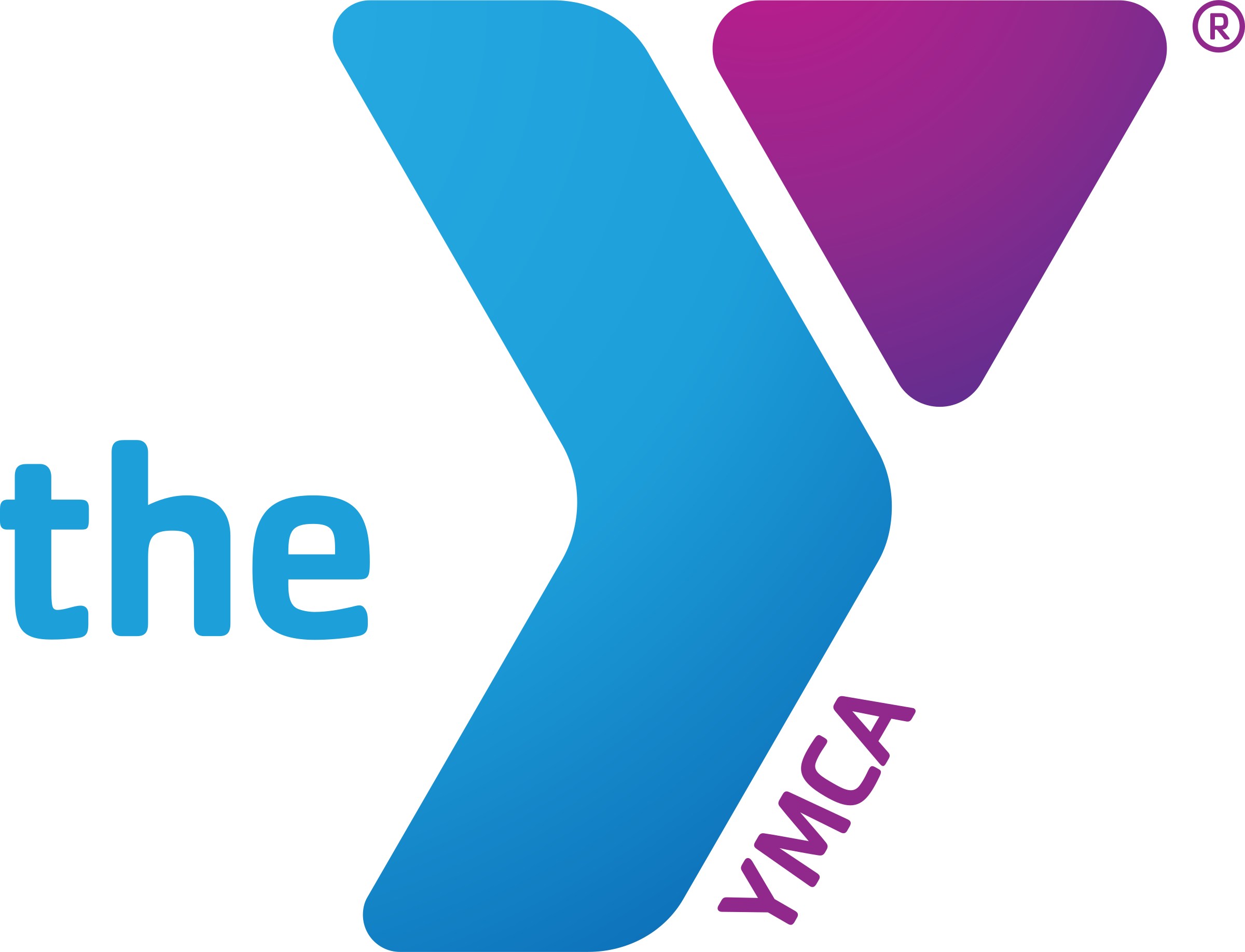2024
Famaye, T., Arastoopour Irgens, G., & Adisa, I.O. (2024). Shifting Roles and Slow Research: Children’s Roles in Participatory Co-Design of Critical Machine Learning Activities and Technologies. Behaviour and Information Technology.
Famaye, T., Bailey, C., Adisa, I.O., & Arastoopour Irgens, G. (2024). “What makes ChatGPT dangerous is also what makes it special”: High-School Student Perspectives on the Integration or Ban of Artificial Intelligence in Educational Contexts. International Journal of Research in Education and Science.
2023
Arastoopour Irgens, G., Hirsch, S., Herro, D., & Madison, M. (2023). Analyzing a teacher and researcher co-design partnership through the lens of communities of practice. Teaching and Teacher Education. 121(Jan 23).
Arastoopour Irgens, G., Herro, D., Adisa, I.O., Abimbade, O., & Fisher, A. (2023). Bop or Flop?: Integrating Music and Data Science in an Elementary Classroom. Journal of Experimental Education.
Adisa, I.O., Thompson, I., Famaye, T., Sistla, D., Bailey, C., Mulholland, K., Fecher, A., Lancaster, C., & Arastoopour Irgens, G. (2023). "S.P.O.T: A Game-Based Application for Fostering Critical ML Literacy Among Children." Proceedings of the International Design for Children Conference (IDC) 2023.
Famaye, T., Bailey, C.S., Adisa, I. O., & Arastoopour Irgens, G. (June 2023). The design of a critical machine learning program for young learners. Paper presentation International Conference of Learning Sciences (ICLS). Montreal, Canada.
2022
Arastoopour Irgens, G., Adisa, I.O., Bailey, C., & Vega, H. (2022). Designing with and for Youth: A Participatory Design Research Approach for Critical Machine Learning Education. Education Technology & Society. 25(4).
Arastoopour Irgens, G., Vega, H., Adisa, I.O., & Bailey, C. (2022). Characterizing children’s conceptual knowledge and computational practices in a critical machine learning educational program. International Journal of Child-Computer Interaction. 34(Dec).
Arastoopour Irgens, G. & Eagan, B. (2022). Foundations and Fundamentals of Quantitative Ethnography. Copenhagen, Denmark. Fourth International Conference of Quantitative Ethnography. ICQE 2022.
Vega. H. (2022). Creating and Discussing Discourse Networks with Research Participants: What Can we Learn? Copenhagen, Denmark. Fourth International Conference of Quantitative Ethnography. ICQE 2022.
Arastoopour Irgens, G. (2022). "Using Knowledgeable Agents of the Digital and data feminism to uncover social identities in the #blackgirlmagic Twitter community." Learning, Media and Technology. 47(1). 79 - 94.
Thompson, J. & Arastoopour Irgens, G. (2022). "Data Detectives: A Data Science Program for Middle Grade Learners." Journal of Statistics and Data Science Education.
2021
Buckingham Shum, S., Arastoopour Irgens, G., Moots, H., Phillips, M., Shah, M., Vega, H., & Wooldridge, A. (2021). "Participatory Quantitative Ethnography" In Wasson, B. & Zörgő, S. (Eds.), Third International Conference on Quantitative Ethnography, ICQE 2021. Malibu, CA, USA. November 6 - 11, 2021.
Vega, H. & Arastoopour Irgens, G. (2021). "Constructing Interpretations with Participants through Epistemic Network Analysis: Towards Participatory Approaches in Quantitative Ethnography" In Wasson, B. & Zörgő, S. (Eds.), Third International Conference on Quantitative Ethnography, ICQE 2021. Malibu, CA, USA. November 6 - 11, 2021.
Adisa, I.O & Arastoopour Irgens, G. (2021). "Whose Report? The Biases of Nigerian #EndSARS Protest Media Coverage" In Wasson, B. & Zörgő, S. (Eds.), Third International Conference on Quantitative Ethnography, ICQE 2021. Malibu, CA, USA. November 6 - 11, 2021.
Lancaster, C. (2021). "Is This the Right (or Left) Approach to the COVID-19 Pandemic?" In Wasson, B. & Zörgő, S. (Eds.), Third International Conference on Quantitative Ethnography, ICQE 2021. Malibu, CA, USA. November 6 - 11, 2021.
Bailey, C. S., Adisa, I., Vega, H., & Arastoopour Irgens, G. (2021, May). "Cognitive, Affective, and Politicized Trust in a Community Youth Program: A Participatory Design Research Project." Poster presented at the 2021 RESPECT Virtual Conference.
Vega, H. & Arastoopour Irgens G. (2021). "Examining Teacher Reflection in a Multimodal Composition about Identity." International Society of the Learning Sciences Annual Meeting. Bochum, Germany, June 7-11.
Vega, H., Arastoopour Irgens G., & Bailey C. (2021). "Negotiating Tensions: A Study of Pre-Service English as Foreign Language Teachers’ Sense of Identity within their Community of Practice." In A.R. Ruis and S.B. Lee (Eds.), Second International Conference, ICQE 2020, (pp. 277 - 291). Malibu, CA, USA, February 1-3, 2021.
Kaliisa, R., Misiejuk, K., Arastoopour Irgens, G., & Misfeldt M. (2021). "Scoping the Emerging Field of Quantitative Ethnography: Opportunities, Challenges and Future Directions." In A.R. Ruis and S.B. Lee (Eds.), Second International Conference, ICQE 2020, (pp. 3 - 17). Malibu, CA, USA, February 1-3, 2021.
2020
Arastoopour Irgens, G., Knight, S., & Wise, A. (2020). Data Literacies and Social Justice: Exploring Critical Data Literacies through Sociocultural Perspectives. In M. Gresalfi and I.S. Horn (Eds.), The Interdisciplinarity of the Learning Sciences, 14th International Conference of the Learning Sciences (ICLS) 2020, Volume 1. (pp. 406 - 413). Nashville, Tennessee: International Society of the Learning Sciences.
Arastoopour Irgens G. & Thompson, J. (2020). “Would You Rather Have it be Accurate or Diverse?” How Male Middle-School Students Make Sense of Algorithm Bias and Racial/Gender Discrimination. In M. Gresalfi and I.S. Horn (Eds.), The Interdisciplinarity of the Learning Sciences, 14th International Conference of the Learning Sciences (ICLS) 2020, Volume 2. (pp. 751 - 752). Nashville, Tennessee: International Society of the Learning Sciences.
Vega, H. & Arastoopour Irgens, G. (2020). Identity Negotiation of Pre-service Teachers of English as a Foreign Language. In M. Gresalfi and I.S. Horn (Eds.), The Interdisciplinarity of the Learning Sciences, 14th International Conference of the Learning Sciences (ICLS) 2020, Volume 4. (pp. 1990 - 1997). Nashville, Tennessee: International Society of the Learning Sciences.
2019
Arastoopour Irgens, G. (2019). Facilitating a Sense of Belonging for Women of Color in Engineering: The Case for Virtual Internships.
In Roscoe, R.D., Chiou, E.K., & Wooldridge, A.R. (Eds.), Advancing Diversity, Inclusion, and Social Justice through Human Systems Engineering.
Boca Raton, FL: CRC Press.
Grant Narratives
Arastoopour Irgens, G. (2023). CAREER: CritComp Pop-ups: Co-designing critical machine learning educational programs with and for elementary school students. National Science Foundation.
Arastoopour Irgens, G. (2020). BCSER: Modeling and measuring critical data literacies in informal learning environments. National Science Foundation.


